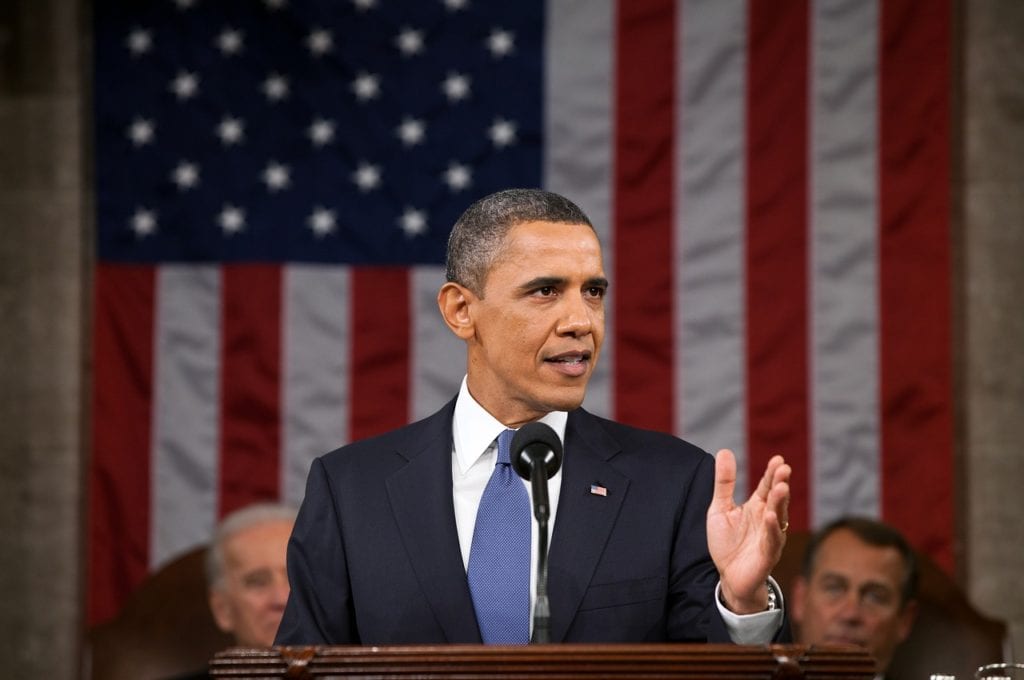With his term ending in just two days, President Barack Obama has commuted hundreds more federal drug sentences for those convicted under the mandatory minimum sentences laws of the 1980s and 1990s, according to a Washington Post report. So far, commutations under the Democratic president have reached 1,176 – more than 400 of which were life sentences – but his office has not specified the number under the latest round.
Deputy Attorney General Sally Q. Yates said that the personnel working on the case “killed themselves” to get the final recommendations to the president and that U.S. Pardon Attorney Robert A. Zauzmer has not taken a day off since he was brought on in February to help sift through the backlog.
“We were in overdrive,” Yates, who led the clemency initiative, said in the report. “We were determined to live up to our commitment. It was 24-7 over the Christmas break.”
Three years ago then-Attorney General Eric Holder adopted a policy that reserved the most severe penalties for high-level or violent drug offenders, rather than impose mandatory minimums on low-level and non-violent drug offenders.
However, just because an inmate is granted clemency does not mean they will be immediately released. In many cases inmates will see their sentences significantly reduced; in some cases the offender will remain in prison for years.
It’s unclear, but highly unlikely, whether President-elect Donald Trump will continue Obama’s clemency initiative. On the campaign trail, Trump criticized the program while praising private prisons. His attorney general-nominee, Republican Sen. Jeff Sessions, is a hardline prohibitionist and during a 2010 Senate Judiciary Hearing said he thinks “there is a role for private prisons in the American system.”
Trump will take office on Jan. 20.
